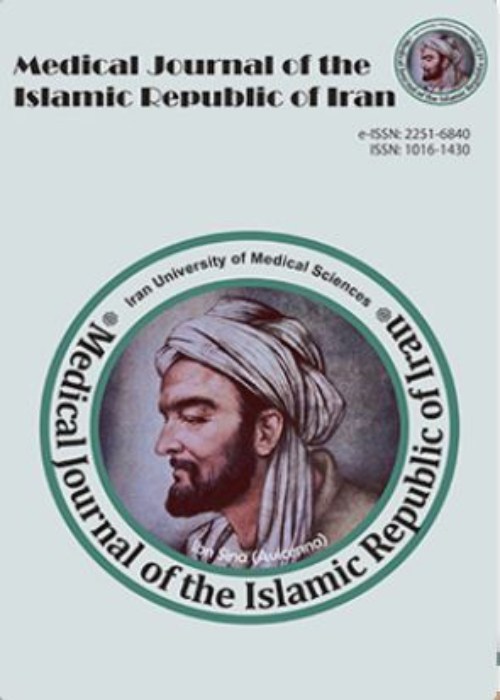Efficacy and safety of chloroquine and hydroxychloroquine for COVID-19: A comprehensive evidence synthesis of clinical, animal, and in vitro studies
The world is facing a pandemic of COVID-19, a respiratory disease caused by a novel coronavirus which is now called SARS-CoV-2. Current treatment recommendations for the infection are mainly repurposed drugs based on experience with other clinically similar conditions and are not backed by direct evidence. Chloroquine (CQ) and its derivative Hydroxychloroquine (HCQ) are among the candidates. We aimed to synthesize current evidence systematically for in vitro, animal, and human studies on the efficacy and safety of chloroquine in patients with COVID-19.
The Cochrane Library, Google Scholar, PubMed (via Medline), Embase, Scopus, and Web of Science, MedRxiv, clinical trial registries including clinicaltrials.gov, ChiCTR (Chinese Clinical Trial Registry), IRCT (Iranian Registry of Clinical Trials), and the EU Clinical Trials Register. We used the Cochrane tool for risk of bias assessment in randomized studies, the ROBINS tool for non-randomized studies, and the GRADE methodology to summarize the evidence and certainty in effect estimates.
The initial database searching retrieved 24,752 studies. Of these, 15,435 abstracts were screened and 115 were selected for full-text review. Finally, 20 human studies, 3 animal studies, and 4 in vitro studies were included in this systematic review. The risk of bias within studies was unclear to high and the overall certainty in evidence-based on GRADES- was very low. HCQ may be effective in clinical improvement in a subset of patients with COVID-19. However, the frequency of adverse events was higher in patients taking HCQ compared to standard of care alone. In contrast, animal studies, did not report any adverse effects. Furthermore, clear benefit of the drug in the survival of the animals has been reported. Most in vitro studies indicated a high selectivity index for the drug and one study that used a human coronavirus reported blockage of virus replication.
Current evidence background is limited to six poorly conducted clinical studies with inconsistent findings which fail to show significant efficacy for HCQ. Safety data is also limited but the drug may increase adverse outcomes. Routine use of the drug is not recommended based on limited efficacy and concerns about the drug safety especially in high-risk populations.
- حق عضویت دریافتی صرف حمایت از نشریات عضو و نگهداری، تکمیل و توسعه مگیران میشود.
- پرداخت حق اشتراک و دانلود مقالات اجازه بازنشر آن در سایر رسانههای چاپی و دیجیتال را به کاربر نمیدهد.


